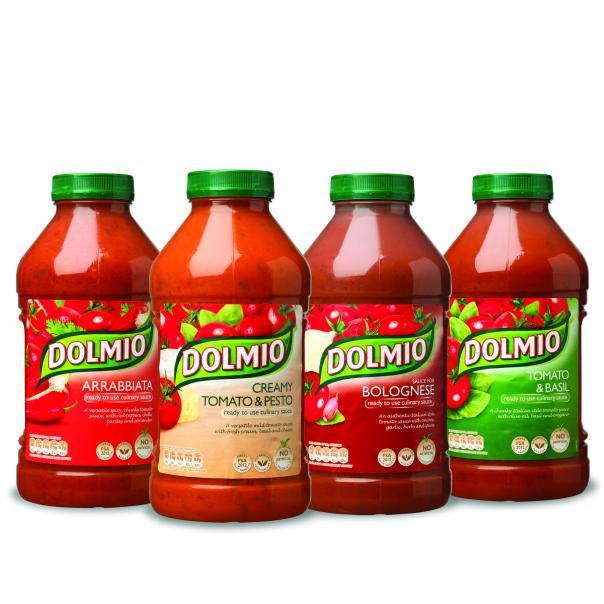
Recently, Mars took the bold step of announcing that various products in its Dolmio and Uncle Ben’s ranges, including some ready-made pasta sauces that are high in sugar, salt and fat, will be labelled ‘Eat occasionally’.
It is set to introduce the new labels as part of a five-year global health initiative to help shoppers distinguish between what it calls ‘everyday foods’ and ‘occasional options’ – which it goes on to suggest should be eaten no more than once a week.
The move was certainly divisive, and went on to secure prolific coverage in national print and broadcast media, but was it brand suicide? Headlines ran riot with their advertising slogan: ‘What’s your Dolmio day?’ – ‘Occasionally’ or ‘Not very often’ were the prominent answers.
Despite reservations, the proactive stance appears to have been successful, with an overall majority commending Mars’s social responsibility and transparency. The story also compared very favourably with another recent labelling story in which Tesco was found wanting on social media for the use of farm names on some of its own-brand product labels; it was later revealed that those farms didn’t actually exist – a move heavily criticised as potentially misleading.
It wasn’t just brand equity that Mars secured with this audacious move: recent MySupermarket data demonstrates the new labelling announcement actually caused a spike in sales and market share.
It quotes post-label announcement year-on-year sales of Dolmio increasing from 28% between April 14 and May 1 2015 to 35% in the same period this year. Perhaps some of this uplift may be credited to the level of media coverage this story secured, essentially providing free advertising for the brand.
Labels suggesting how often it is alright to eat certain foods isn’t the only innovative idea out there to engage with consumers. Activity icons, in which labels depict equivalent minutes of exercise required to work off the calories within the product, are growing in popularity, alongside a push for labels to separate total sugars from ‘free or natural’ sugars.
With food and drink manufacturers across all sectors desperate to get ahead of the obesity agenda, companies such as Mars taking big risks, and doing so successfully, serve to directly benefit all public sector caterers.
The more they can do to challenge public perception and improve dietary choices, the easier it will become for public sector caterers to deliver nutritious food. Unburdened – well, presently at least – by the full restraints of public sector regulations on salt, fat and sugar intake, FMCG manufacturers can help use their budgets and marketing clout responsibly to hopefully create a language that serves the general population and all market places.